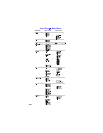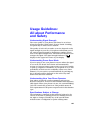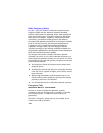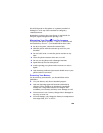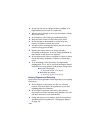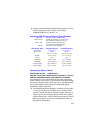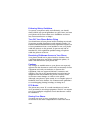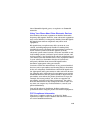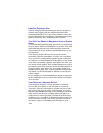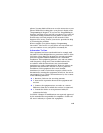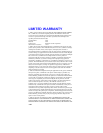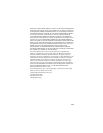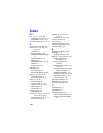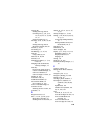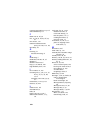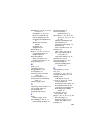.KSWGHKGF2GVTQNGWO)CU
Vehicles using liquefied petroleum gas (such as propane or
butane) must comply with the National Fire Protection
Standard (NFPA-58). For a copy of this standard, contact the
National Fire Protection Association, One Batterymarch Park,
Quincy, MA 02269, Attn.: Publication Sales Division.
6WTP1HH;QWT2JQPGKP&CPIGTQWU#TGCUQT2QUVGF
#TGCU
To avoid interfering with blasting operations, you should turn
off your phone when in a blasting area or in other areas with
signs indicating that two-way radios should be turned off.
Construction crews use remote-controlled RF devices to set
off explosives.
Turn off your phone when you are in any area with a
potentially explosive atmosphere. It is rare, but your phone
or its accessories could generate sparks. Sparks could cause
an explosion or a fire resulting in bodily injury or even death.
Areas with a potentially explosive atmosphere are often, but
not always clearly marked. They include fueling areas such as
gas stations; below deck on boats; fuel or chemical transfer or
storage facilities; areas where the air contains chemical or
particles such as grain, dust, or metal powders; and any other
area where you would normally be advised to turn off your
vehicle engine.
Do not transport or store flammable gas, liquid, or explosives
in the compartment of any vehicle that contains your phone
or accessories.
;QWT2JQPGCUC0GVYQTM&GXKEG
Your telephone requires a service provider to send and
receive calls. Your phone is only one part of a system or
“network” of devices that makes it possible for you to send
and receive calls, text messages, voice message, access the
Internet using MiniBrowser and to take advantage of all of the
other services and features available when your phone is
used with your service provider. To make all of the features
available to you, your phone is designed by Samsung and your
service provider to allow your service provider to send (at
any time) a variety or information and messages to your



